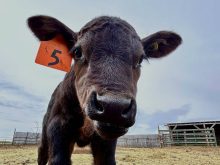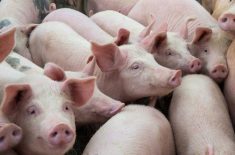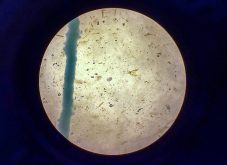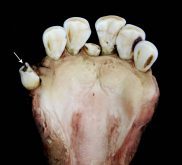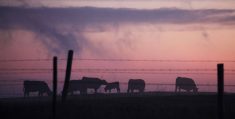A friendship that grew out of a bull sale in Edmonton two years ago has resulted in a major order for Shorthorn, Limousin and Charolais genetics.
The foot-and-mouth disease crisis in the United Kingdom has forced cattle breeders to scan the world for new stock.
When third-generation Shorthorn breeder Donald Biggar lost his entire herd of Shorthorns and Galloways in the United Kingdom, he called his new friend Rolly Bateman of Cochrane, Alta., for help.
Biggar, who owns Chapelton Farm in western Scotland, lost 50 years worth of breeding.
Read Also
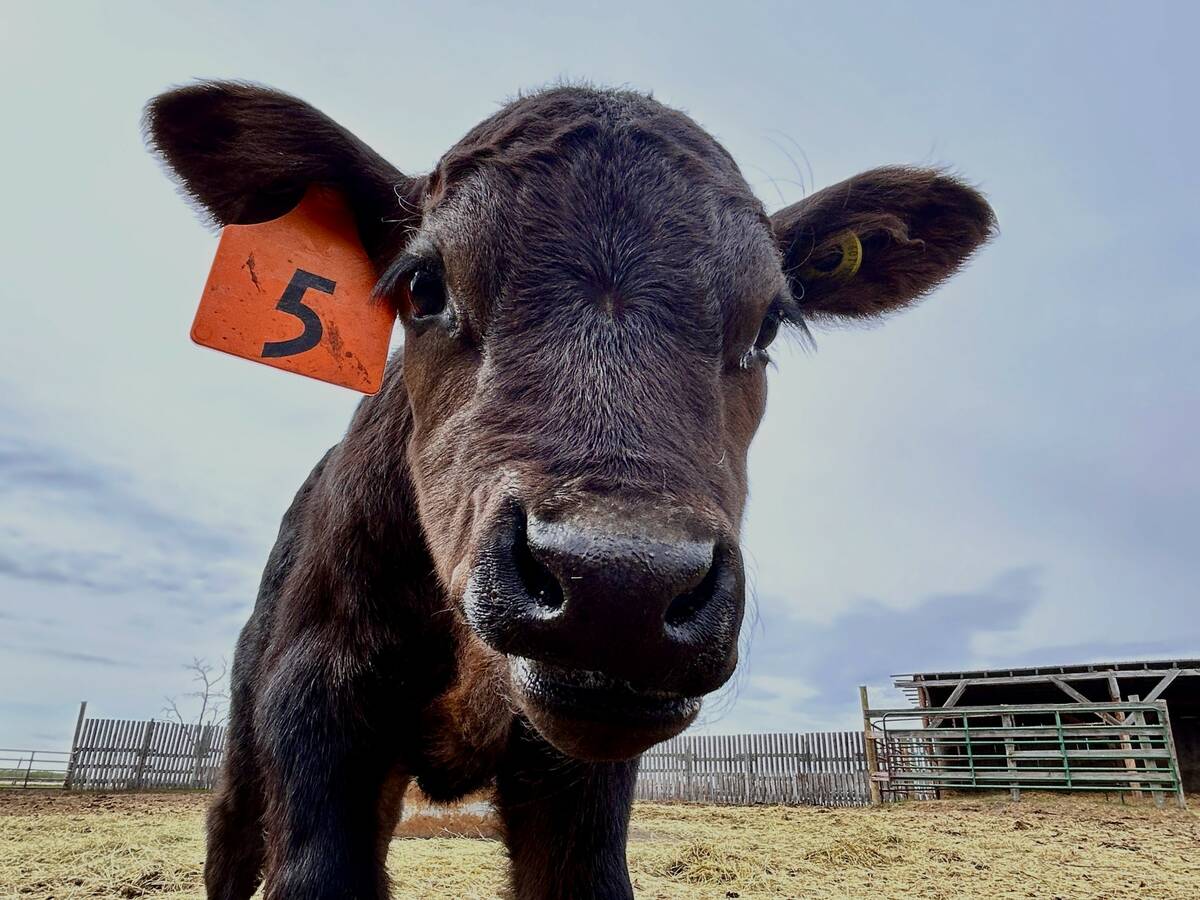
Calf hormone implants can give environmental, financial wins
Hormone implants can lead to bigger calves — reducing greenhouse gas intensity, land use intensity and giving the beef farmer more profit, Manitoba-based model suggests.
His area has been free of disease for more than two months and breeders there are anxious to re-establish herds. Three farms have received clearance to start rebuilding.
Biggar met Bateman when he bought his class-winning sire at the National Show at Edmonton’s Farmfair in 1999. Chapelton Farms had just a few calves by this sire when the disaster hit.
To restock his herd, Bateman selected 20 Shorthorn females from five Alberta herds to enter a embryo flushing project. The embryos were shipped by air to Scotland at the end of May where they were implanted into commercial cows. The first calves are due next March. Ten sires where also selected for a semen collection project.
The selection criteria was strict. Bateman wanted good, solid range cattle that would work well in Scottish conditions.
“Flush cows are not particularly show cows,” he said.
This summer, he is searching for good quality Shorthorn, Limousin and Charolais cattle. The Scots want embryos and live cattle that include potential herd sires, as well as females.
“I see a lot of positives coming out of a very ugly situation,” Bateman said.
By the end of July, more than 3.5 million cattle, sheep, goats and pigs had been slaughtered in the U.K. About 568,000 were cattle. Four or five new cases continue to be diagnosed every day. So far, more than 1,910 cases have been confirmed.





